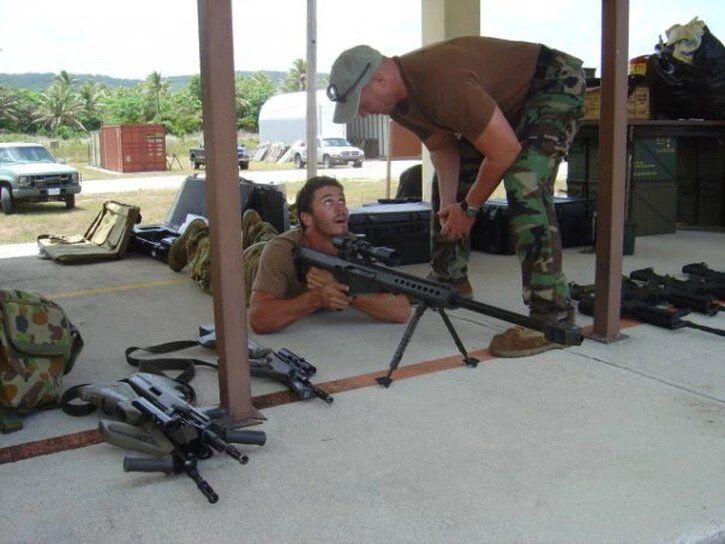
Why Do Veterans Make Excellent Employees?
Hiring Veterans from the Australian Defence Force (ADF) can benefit employers and businesses. Military members are frequently cross-trained in a variety of disciplines and have experience with a wide range of activities and obligations. Many Veterans have learned the value of a hard day’s work thus there are many jobs for veterans. They’ve also grown to recognize the trials and rewards of a job well done. Much of this expertise can be transferred to their participation in the labour force, transforming the Veteran into a valuable asset in the workplace
Recognizing That Actions and Behaviors Have an Impact on the Organisation
Veteran recruitments, like other public officials, are constantly scrutinized, whether on a duty, at home, or on leave. They appear to recognize that everything they do and say affects the organization’s credibility and image
Cross-cultural Skills
Our military members have the opportunity to meet with people from all over the world. They may be in charge of supervising local contract workers on base, performing medical rescue operations or providing resources in humanitarian operations. Our veterans have also had the opportunity to work alongside people from all around Australia, gaining an understanding of different cultures within our own country
Veterans Understand How to Maintain the Status Quo
If you recruit a young applicant with military experience, he or she may be more adaptable to your organization, including your existing procedures and rules, than a citizen with comparable talents. Military cultures can be rigid, and if an applicant is willing to adjust to life in the Army, Navy or Air Force they will likely be willing to accept the norms of your workplace
Veterans Are Accustomed to Honesty and Integrity
Veterans are often leaving a culture that values honesty and self-command. They’ve typically learned to live by a moral framework, which means they can be relied on to be truthful and responsible
Veterans Are Excellent Long-term Assets
Military personnel frequently look further into the future than regular applicants, and for a legitimate reason: this shift is challenging, and most veterans who are struggling to jump this bridge are doing so because they want to construct a long-term future in a profession that may be unfamiliar to them. They are frequently committed to help a little more and contribute to a longer training procedure to fill current knowledge and experience gaps. However, these gaps aren’t as large as they appear. For this reason, there are many careers for veterans.
Army skill sets are extremely transferable and helpful to civilian companies, and if both sides acknowledge this and collaborate, there is nothing veterans can’t do
Quick Thinking
Leaders must be able to swiftly assess circumstances, absorb new and changing data, and make appropriate judgments during missions and field exercises. They are frequently trained in specific tactics, such as flying a helicopter in a sand storm with little sight, but real-world events with life-or-death repercussions can assist improve concentrated judgment and swift response under pressure.
We have listed the few talents that we think would have a great impact on your company. Our veterans also have other talents such as project management, purchasing, and team leadership that can aid any business. However, the jobs available for retired defence personnel aren’t as great.



Recent Comments